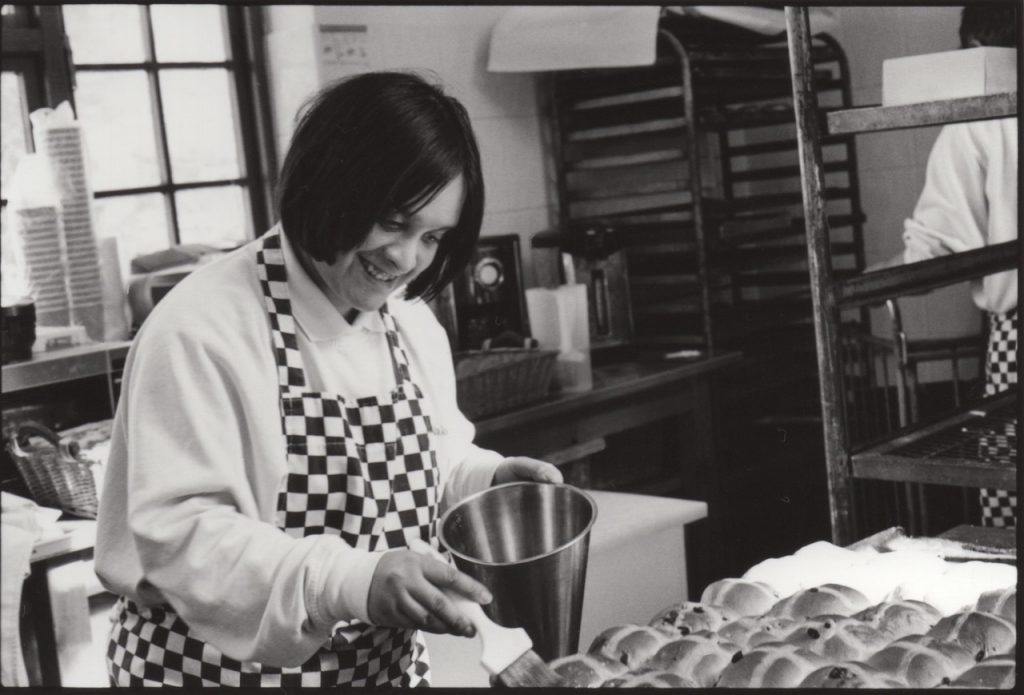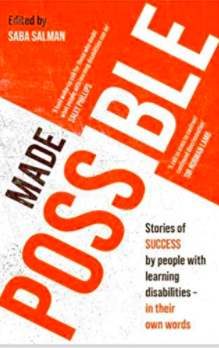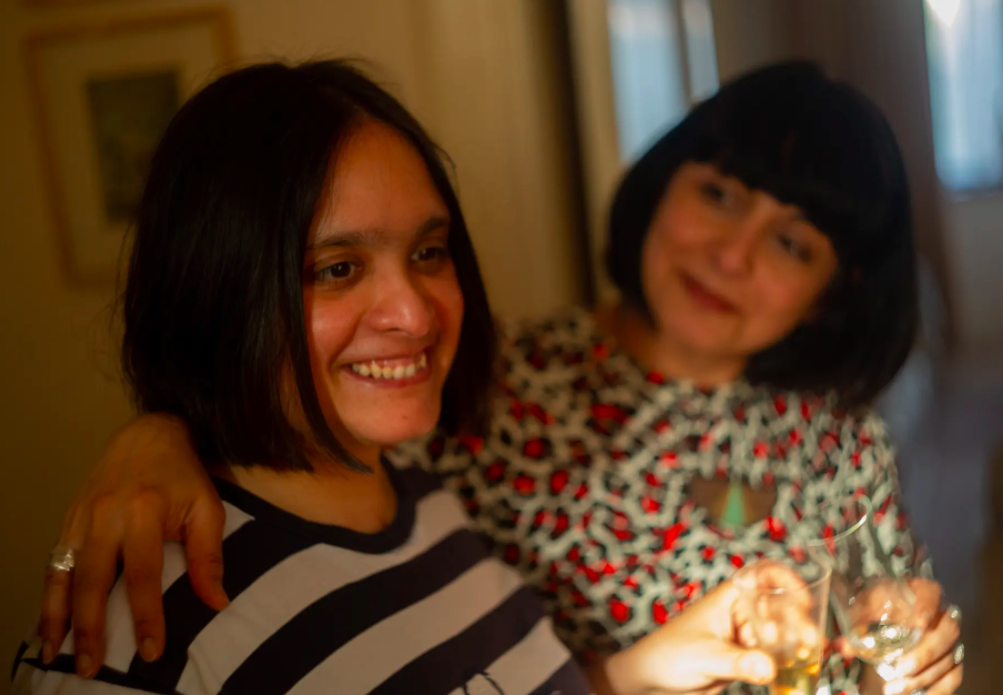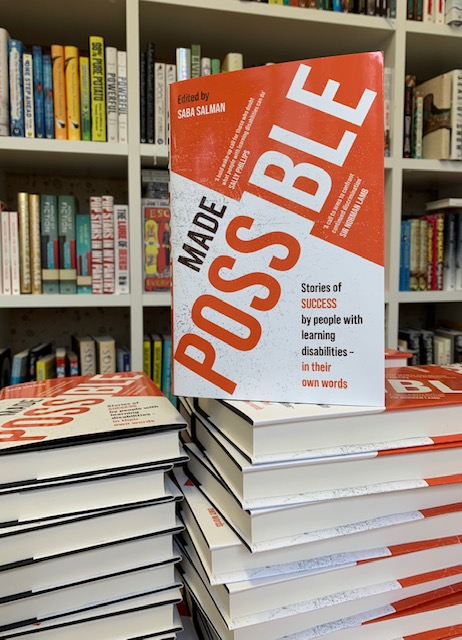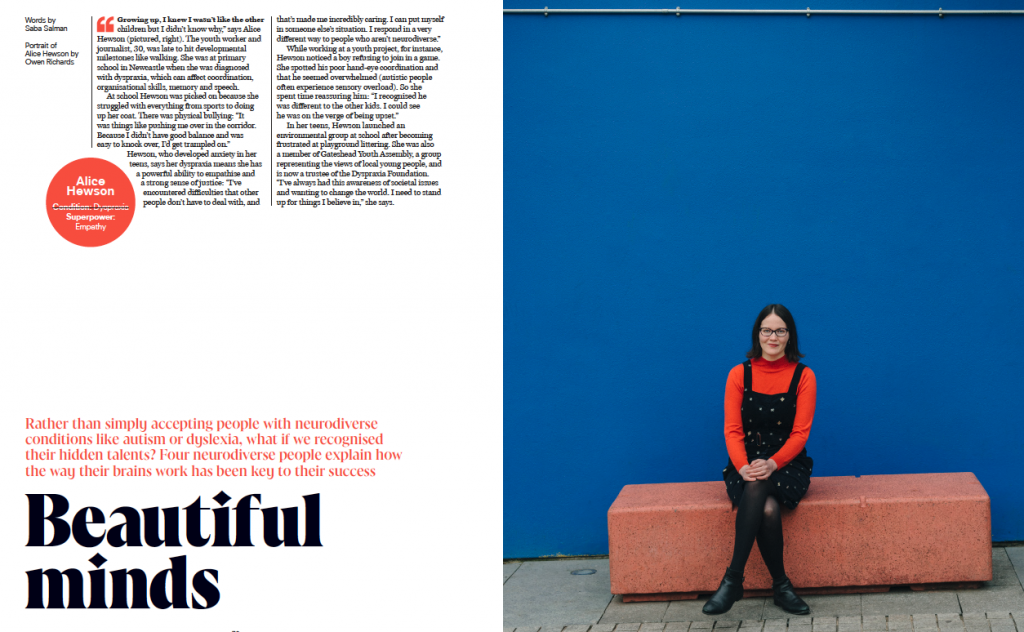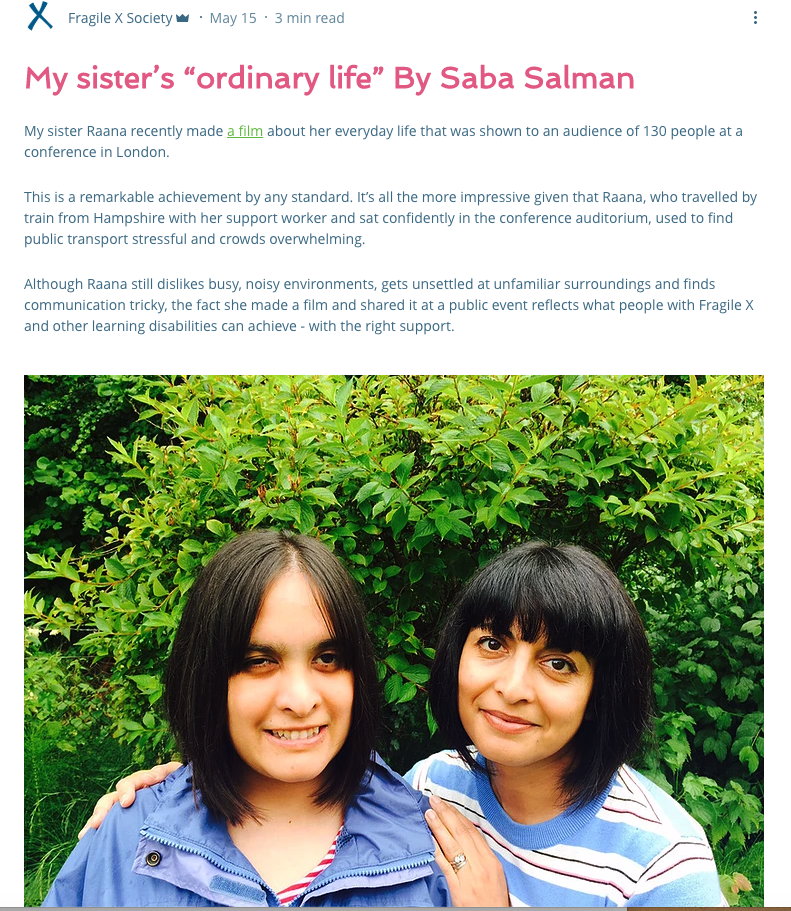Cllr Gavin Harding is a trailblazer who has devoted his life to improving the rights of learning disabled people, and their care. He has achieved this through his work for NHS England, his contributions to Government plans and programmes, and as a local politician.
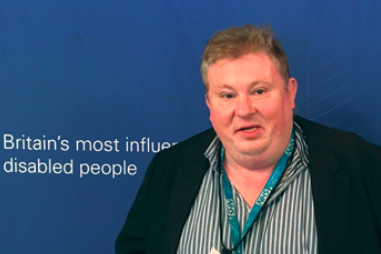
The MJ magazine just published an interview with Gavin Harding about his life, work and his words in my book Made Possible
Journalist Ann McGuaran writes of Gavin: “In 2011 he became the first person with a learning disability to be elected as a Labour councillor in his home town of Selby in Yorkshire. Four years later he became the UK’s first mayor with learning disabilities, and in that same year he was awarded an MBE for his work for services to people with learning disabilities.
“He helped the Government draw up a three-year plan on learning disability, Valuing People Now, in 2009. In 2014 he became co-chair of the Transforming Care programme to improve standards of care for people with learning disabilities.
“Cllr Harding is one of the people featured in a new book highlighting stories of success by people with learning disabilities – in their own words. In Made Possible, he is one of eight individuals who present their authentic experiences, and show how people can make invaluable contributions to society when their potential is acknowledged and supported by those around them. Made Possible is edited by social affairs journalist Saba Salman, who is a trustee of the charity Sibs, and has a younger sister with a learning disability.”
Read the rest of the piece in The MJ here

